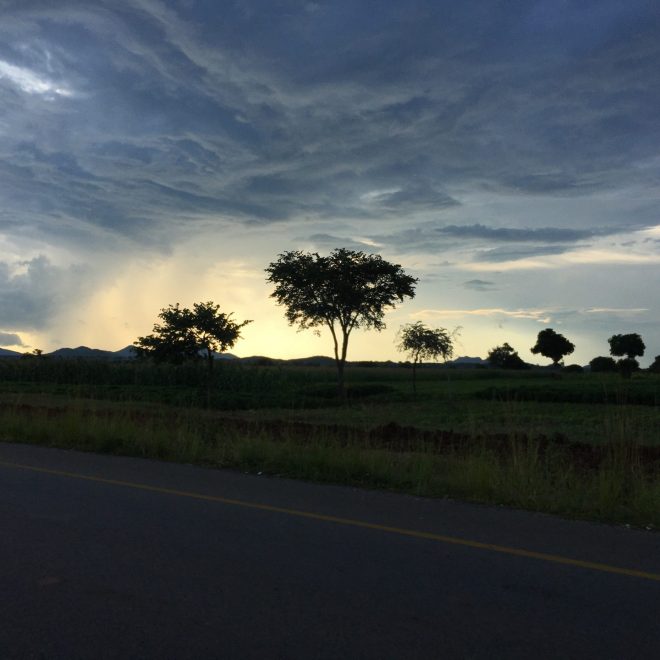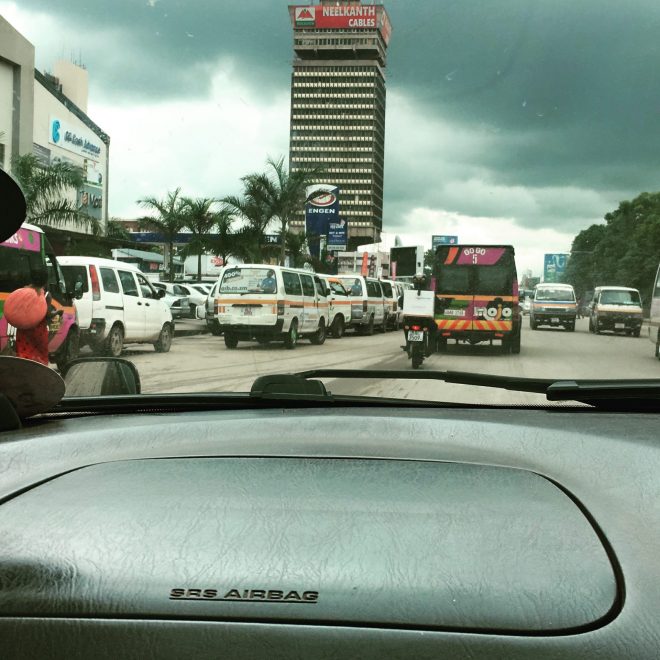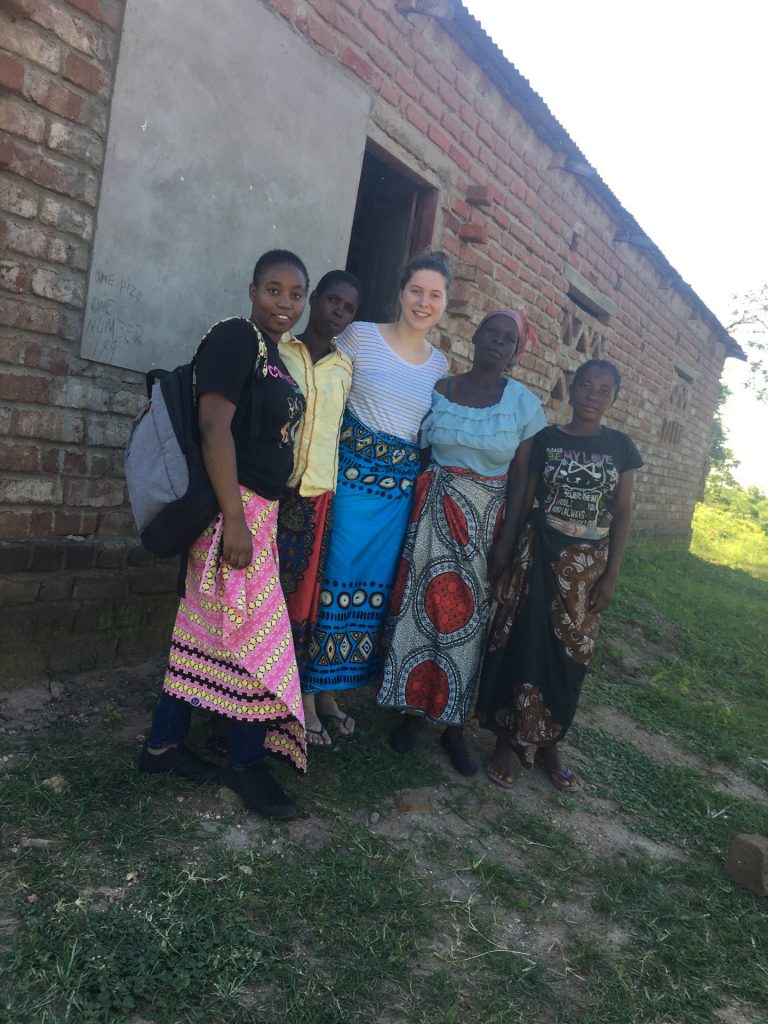
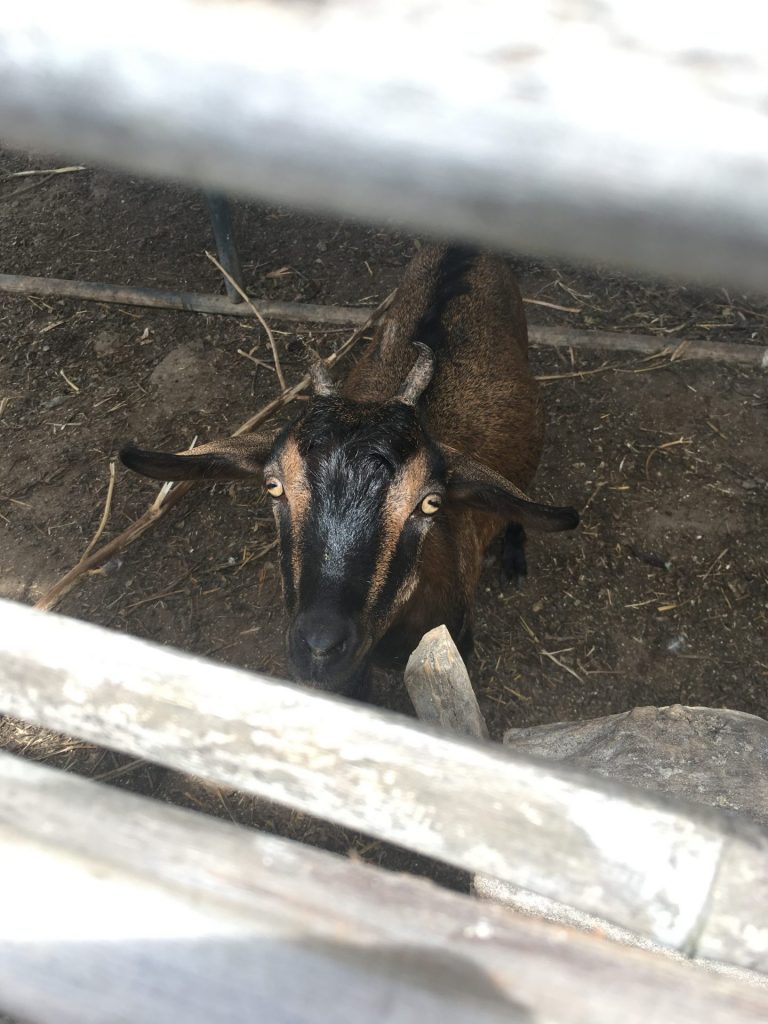
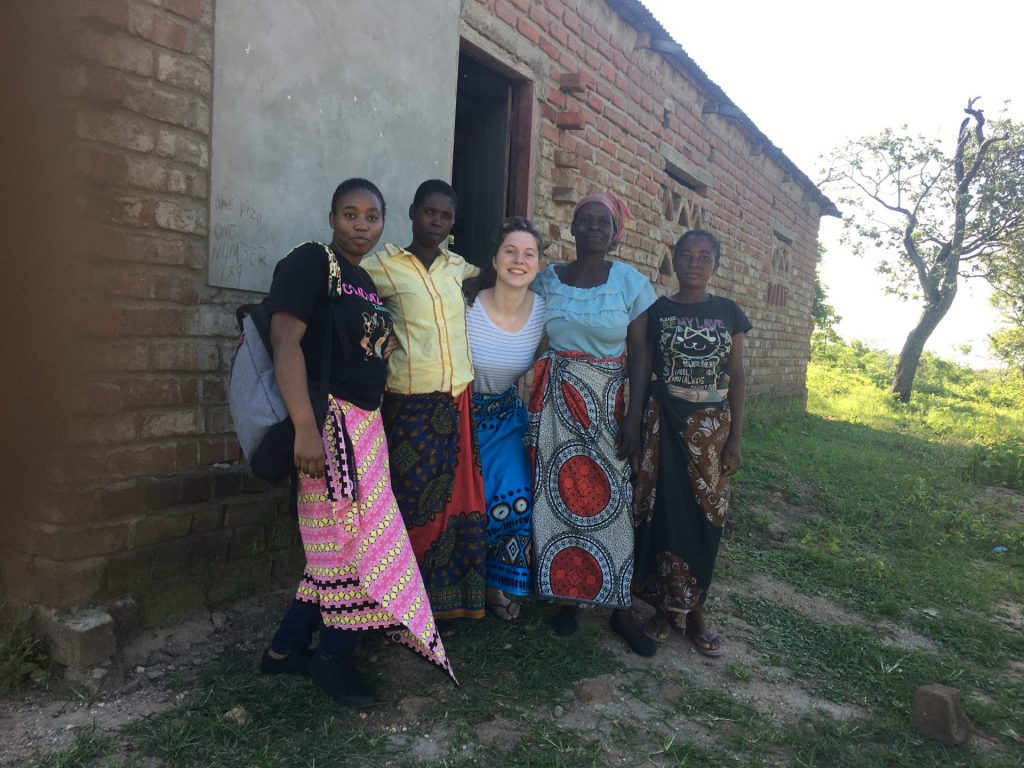
Nakulandilani: I welcome you here to this page.
As an African Studies master student I use this page and the blogs attached to it, as an archive for my stay in Zambia. I invite you to read my blogs: some are more generally about weeks and experiences, others are specifically focusing on the interesting people I met (not necessarily related to my internship or research). Yet before we go any further, perhaps, you should meet me.
In the featured picture above, as you might have already guessed, I am the Muzungu, the white one. Or so I am reminded, every day. Yep, I'm that young woman looking out of place, with the funny hair and the wrongly tied chitenge. My name is Sandra Bleeker, born and raised in The Netherlands for almost 23 years. I have a thing for languages and stories, which would explain my love for writing in general, reading books and watching series and movies.
I like observing, I like fading into the background and watch how things play out. I like to not be an obvious attraction so that I can observe how people go about their own lives. Yet here in rural Zambia, none of these things work out for me so well. Here I am the one being observed, to the annoying extreme I might add. Still, I try to do my research, on which you will find more below.
The main theme of my time here and of my thesis is the presence and importance of social norms, more specifically: the social norms with regards to saving money in rural Zambia. Looking at the featured photo above, you can sense that I take the local norms with regards to clothing in consideration. If people talk about culture differences, they, unconsciously, refer to differences in social norms. Social norms shape behavior, accept it or not, they do. How to act in which situation, how to behave in front of which people, what to do, who to talk to, all these questions and more are important when you want to get things done in a different environment than your own. Only people living those norms and your own experiences can guide you here.
I hope I have interested you enough to keep on reading. If not, your loss.
As I mentioned earlier, this page and the related blogs tell part of my experiences. I got to Zambia on the 10th of January, read here about my first week in Lusaka. I am doing my internship with a Zambian NGO called Financial Sector Deepening Zambia (or FSDZ). The NGO's slogan: 'enhancing financial inclusion' smartly sums up the main aim of the organisation. Through several projects and programmes, and in several levels and places, the organisation tries to open up the financial market to those who are not yet represented well in the financial sector. Check out their website for a better overview than I give here (www.fsdzambia.org).
I am FSDZ's first intern: for them and for me it was definitely a search on how we were going to manage this, yet I think we did quite a good job. Let me back up a little. I landed at FSDZ through my thesis supervisor in Leiden: she just came back from the field, Eastern Province, Zambia to be precise. Together with researchers from the UK and several staff members from FSDZ, my supervisor collected data on what the social norms are in financial decision making processes in rural Zambia. Understanding the social norms in a certain area, is highly important when one wants to bring about social change. One can design beautiful and heartfelt policies to empower women or to create a new platform for creativity, if those policies do not fit well with the social norms of that place, those policies will not stick around for long. Learning the ways of the society, understanding the actors who keep norms in place and the reason why they are kept in place leaves you with a better and more fruitful starting point for societal change. You cannot just barge in, you have to knock, patiently wait and once you are let inside, you can convey people that using the door would be much easier than the window.
So, FSDZ wants to improve the financial market to make it available for those who have no access to it now and it wants to know what the best ways are for the deliverance of these markets. Financial education is one of their strongholds. There are two interesting tools that they, in cooperation with other organisations, have developed: Masambililo Yandalama (we all call it ZAZU) and 'Earn and Secure'. The first is a mobile platform, the second is a comic book. Both have the same content, yet the delivery methods and target groups are different. read here more about them. My internship assignment is to show people that ZAZU exists and to show them how they can use it, but more importantly to receive qualitative feedback on the platform for further development and research. The comic book is targeting teenagers so I will visit the secondary school close-by to do the same: share it with them and receive qualitative feedback.
Societies are shaped by people and people are shaped by societies. Social norms influence behaviour on several levels and in several ways. Observing people, see how they go about their daily lives gives you a brief window to look into the social norms of this particular place. But when you start to engage in the life of this particular place and this particular culture, you will physically come into contact with these norms. Do you look someone in the eye, or not? Do women wear trousers or are you literally the only woman without a skirt and a chitenge over it? Things that are 'normal' to you, are not normal somewhere else: the norms differ.
In the field of developmental science, the understanding of social norms becomes increasingly a subject of interest. It has become clear how important social norms are in guiding people's behaviour. You can then reason, once you have understood how and why and by who a social norm stays in place, certain practices and activities harming individuals can be changed or stopped, think for example about female genital mutilation. If you are interested in this subject, I advise you to read anything by Cristina Bicchieri. My theoretical framework is largely based on her ideas and studies.
My personal research is connected to my internship assignment in combination with the study of social norms. In rural Zambia, a lot of people are not included in the formal financial system, do not know a lot of things about finances and live in a different society as Zambians in more rural areas. All these things together can hamper the financial development of rural citizens, because the services that the financial sector can provide, do not reach (deep) into the rural areas. My research focuses on the social norms with regards to saving money and then especially saving in secret.
Have you met... my have you met.. blogs?
This section has nothing necessarily to do with my research or internship assignments. In these blogs I tell stories, as they have been told to me, by people about themselves. These people you get to meet in these blogs, are people I have met during my travels and stay. It is just something I like to do. Thank you for getting so far! I hope you enjoy the rest!!
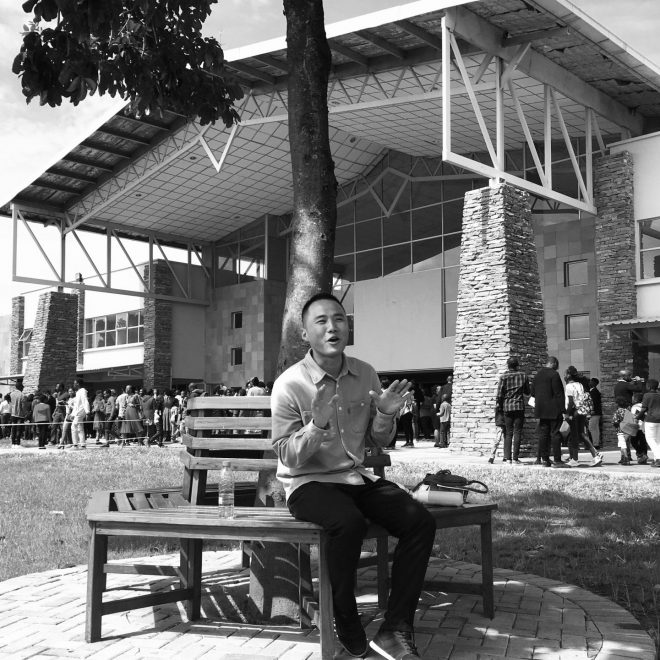
Have you met… Andy?
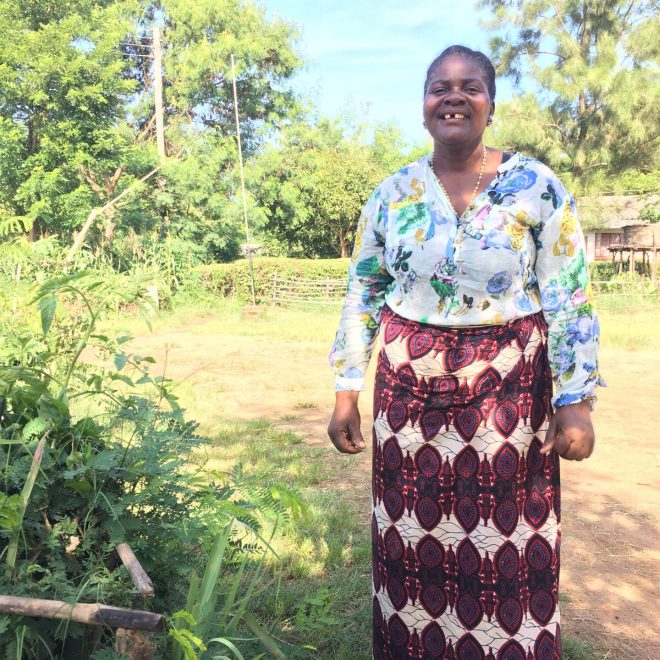
Have you met… Tigris, Doris and Ennie?
Other projects
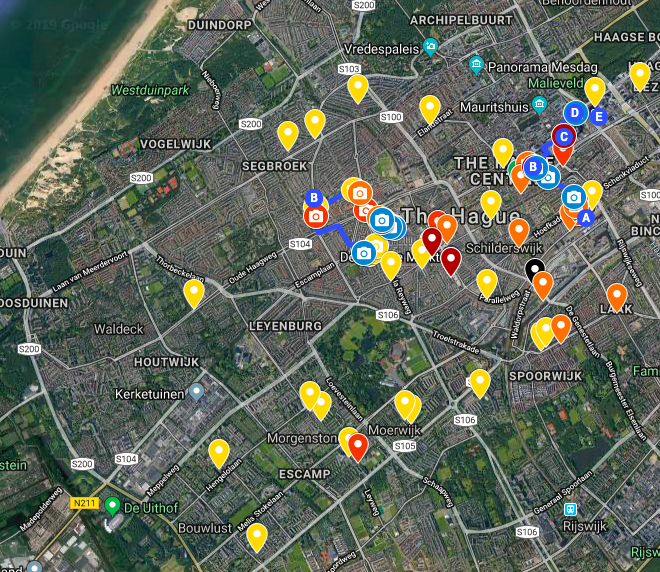
Money Transfer Services in The Hague: An overview
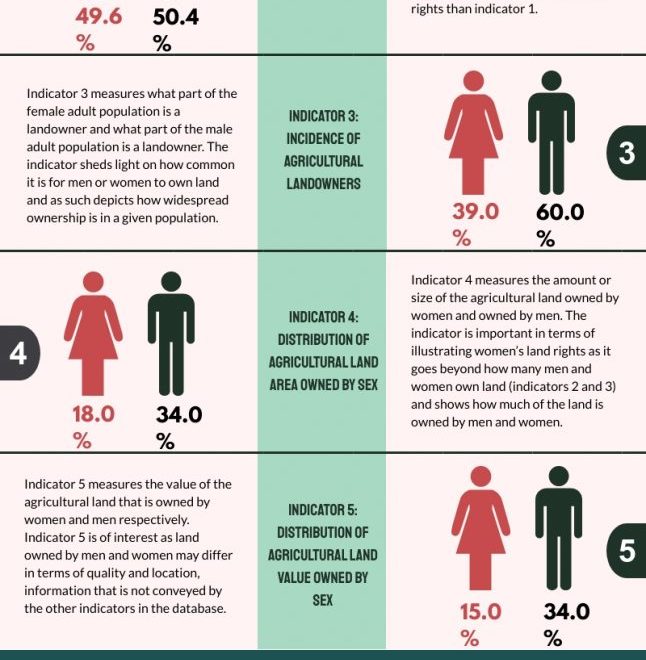
Design for insight
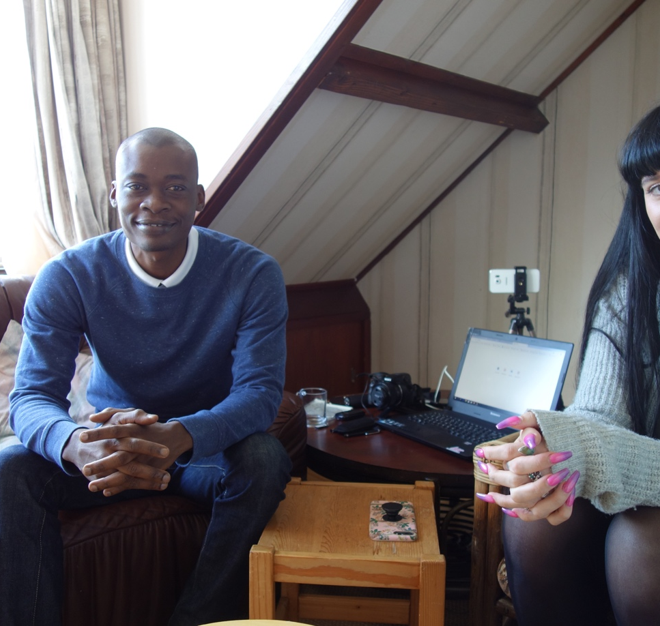
Sheng in the life of Victor Ogola
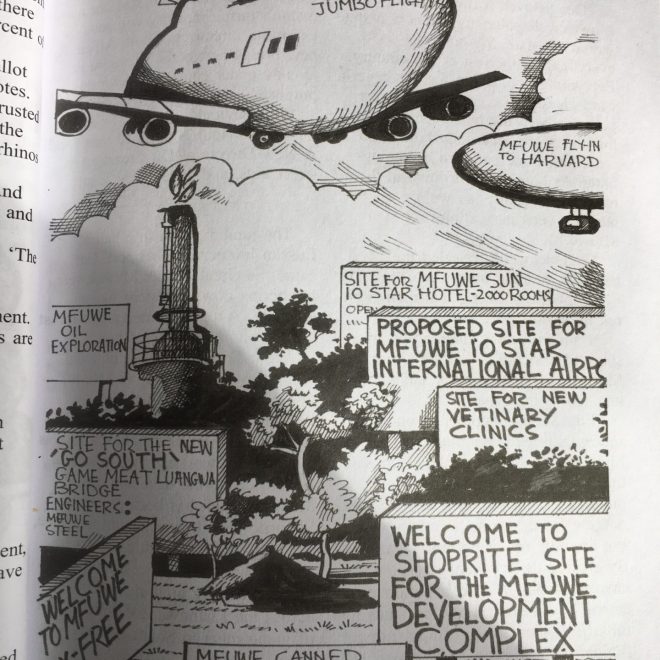
The Spectacle at Mfuwe



